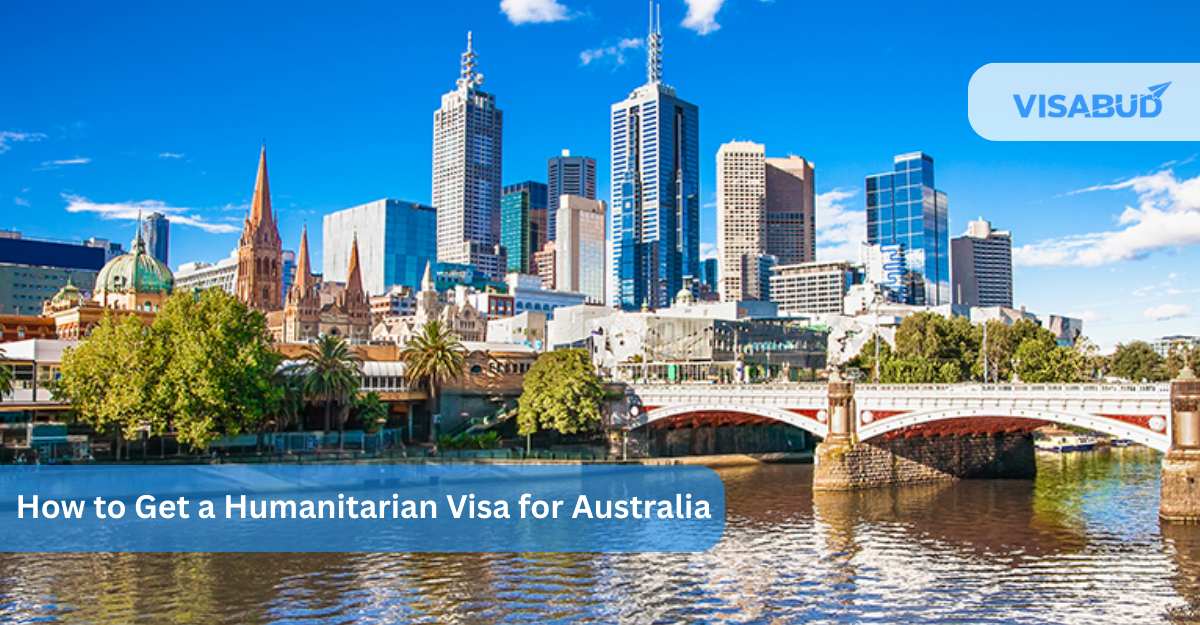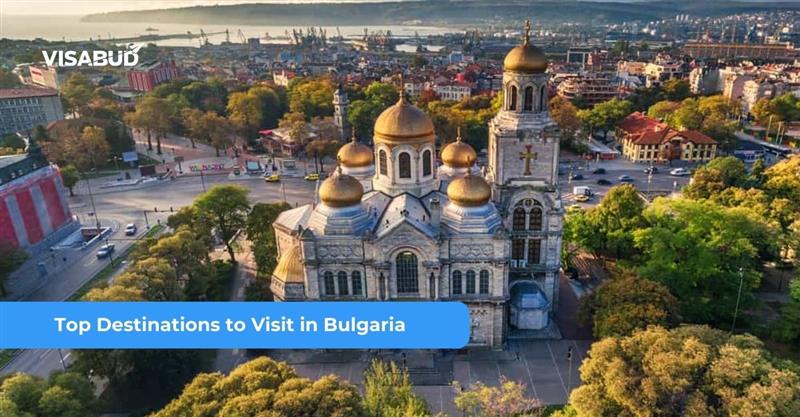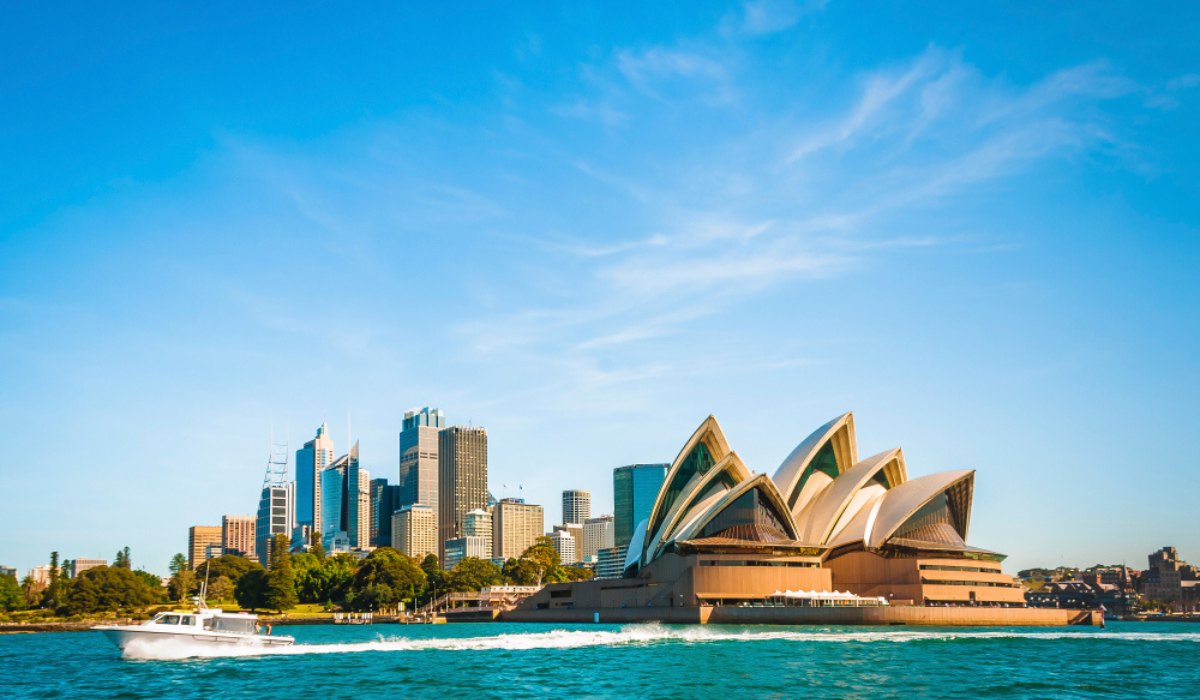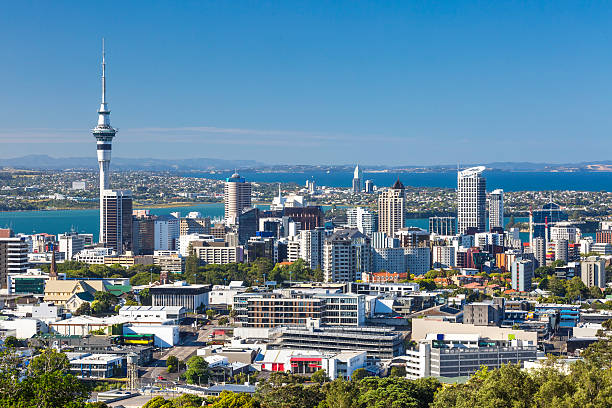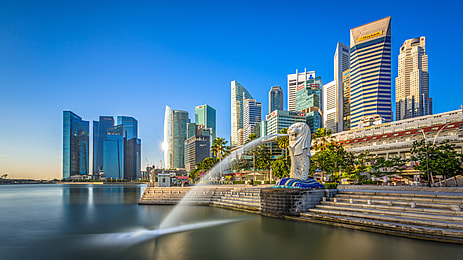Australia offers humanitarian visas to individuals who are facing serious threats in their home countries. These visas provide a chance for a safe and new beginning in Australia. This guide will explain the process in simple terms, helping you understand each step to apply for a humanitarian visa.
Understanding Humanitarian Visas
A humanitarian visa allows people who are in danger due to factors like war, persecution, or human rights violations to seek refuge in Australia. The goal is to protect those who cannot find safety in their own countries.
Who Can Apply?
You may be eligible for a humanitarian visa if :
Steps to Apply for a Humanitarian Visa
1. Prepare Your Application
1. Prepare Your Application
2. Obtain a Proposer (If Applicable)
3. Submit Your Application
4. Await Processing
After Submission
If Your Visa Is Granted
If Your Visa Is Not Granted
Important Considerations
Resources for Assistance
Applying for a humanitarian visa to Australia is a detailed process that requires careful preparation and patience. By following these steps and seeking appropriate support, you can navigate the process more effectively and increase your chances of a successful application.
Life in Australia After You Arrive
Once your humanitarian visa is granted and you arrive in Australia, there are a few important things to know and prepare for. Australia is known for its peaceful lifestyle, strong community services, and opportunities. However, settling in a new country always comes with challenges. The good news is there is help available.
1. Welcome and Orientation
When you arrive, you may be welcomed at the airport by a representative from a support agency or your proposer (if you had one). You might receive an orientation session about:
2. Housing Assistance
One of the first things you’ll need is a place to live. Support services can help you find temporary accommodation. Later, they can help you look for long-term housing depending on your needs and budget. You may also be eligible for rent assistance.
3. Healthcare Access
Australia has a public health system called Medicare. If you are granted a humanitarian visa, you can access this system for medical help, check-ups, medicines, and hospital visits. You’ll be guided on how to apply for a Medicare card soon after you arrive.
4. Education for You and Your Family
Children between the ages of 6 and 17 must attend school. Public schools in Australia are free or low-cost. Adults may also choose to take English classes or skill-building courses to prepare for jobs. These classes are often free for humanitarian visa holders.
5. Learning English
Australia offers a special program called AMEP (Adult Migrant English Program). It provides free English lessons to new migrants. These classes are important because they help you :
6. Getting a Job
Finding a job may take time, especially if you’re still learning English. But don’t worry — there are many services to help you write your resume, search for jobs, and prepare for interviews. You can also take training or short courses to improve your skills.
7. Legal and Safety Support
Australia is a law-based country. You have rights just like any other person here. If you face problems like domestic violence, workplace issues, or discrimination, there are free legal support services to help you. The police and legal system are there to protect everyone.
Staying Connected to Your Culture
Even though you’re far from home, it’s possible to stay connected to your culture in Australia. Many cities have :
You’ll likely meet people who understand your journey and can support you emotionally and socially.
Challenges You May Face (And How to Handle Them)
Starting over in a new place is not easy. Some common challenges include :
Feeling Homesick
Missing home is natural. It helps to :
Language Difficulties
You might feel shy or frustrated if you don’t speak English well. Keep practicing. Even a few words go a long way. People are generally patient and willing to help.
Finding Work
Getting a job might take time. Don’t get discouraged. Volunteering is a great way to get local experience while improving your language skills and making friends.
Tips to Settle Faster
Here are some practical and emotional tips to make your new life easier :
Services and Support Programs in Australia
Australia offers a wide range of support services for new arrivals under the humanitarian visa stream. These include:
These organizations offer help with housing, English classes, job skills, health, and connecting with the community. Most services are free or very low-cost.
Important Reminders
Your Rights in Australia
Even as a new arrival, you have rights:
You are also protected from discrimination and unfair treatment.
Looking Toward the Future
Once you’ve settled, you might want to think about:
Common Questions (FAQs)
Q1. Is there a fee to apply for a humanitarian visa?
No, applying for a humanitarian visa to Australia is free of charge.
Q2. Do I need to be in Australia to apply?
No, this visa must be applied for while you are still outside Australia.
Q3. What documents do I need?
You’ll need ID papers, evidence of danger or threats, and if possible, letters from support groups or organizations.
Q4. How long does the process take?
It varies. It can take several months or more. Each case is different.
Q5. Can I bring my family?
Yes, in most cases, you can include your partner and dependent children in the same application.
Final Thoughts
Getting a humanitarian visa for Australia is a big step toward building a safe and peaceful life. Though the journey might feel long and uncertain, remember this visa is meant for people like you, who need protection, care, and a new beginning. Australia has a long history of welcoming refugees and people in need, and many people before you have successfully made the move.
Take it one step at a time. Ask for help when needed. And believe in your strength you are not alone.
Your new beginning starts here – contact us.
